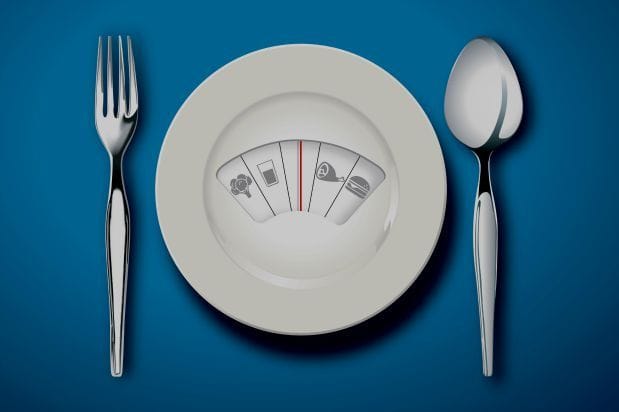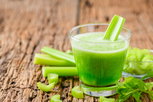Addiction and bad eating habits often go hand-in-hand. Together, they can set out to ruin your body and your brain. Developing healthy eating habits can bring discipline and control back into your life as well as assist in repairing damage in your vital organs and nervous system. As you’re fueling your body with proper nutrition, you are also able to address problems associated with relapse, such as cravings and mood swings.
However, implementing a drastic change in your diet within a short amount of time can also lead to burnout and may even increase your chances of relapse. These 5 small but consistent steps will help you develop healthy eating habits that will complement your overall recovery rather than retract.
1. Keep a Food Journal
Start a food diary and jot down when and what you’re eating and how you feel afterwards. This will help you realize what you need to add, take out or eat in moderation, all while honing your sense of discipline and focus.
Keeping your food journal close will also help you stay on track so you can check your daily progress once you begin your new eating plan. Your journal can even include notes on other areas of your recovery, such as therapy trips and medication, so you have an overall picture of how well you are progressing on hand.
2. Schedule Your Meals
Schedule three small, balanced and nutritious meals throughout the day. In between them, make room for a nutritious snack to prevent cravings for food that don’t promote health. One of the worst habits many people have is eating meals in front of the TV, which leads to mechanical snacking and, to many people in recovery, mechanical drinking. As much as possible, consciously chew your food thoroughly and eat formally in the kitchen or dining table.
Another good habit to implement is eating breakfast. Studies have shown that not doing so makes you languid, uninspired, and less able to problem-solve, which can all play a factor in the possibility of relapse. Also, eating your dinner early and having nothing more until breakfast the next day settles your digestive system and prepares it for the day ahead.
3. Balance Your Meals
People recovering from addiction go through bouts of cravings for their former substances. However, a balanced diet will help offset these cravings. Stock up on fruits and veggies, grains, nuts, lean meats, and low-fat dairy substitutes. These foods are rich in nutrients that help repair the liver and pancreas, which usually takes a hit during active addiction.
Since these foods digest gradually, they help curb blood sugar and insulin spikes, thereby keeping you full for a longer time and your general cravings under control.
Make sure to avoid refined foods like bread, pasta, sugar, and white rice. These foods are so removed from their natural state that they are digested quickly and can cause your blood sugar levels to peak, which is a known precursor to alcohol and drug cravings.
Feel free to try out different healthy food combinations and decide what works for you. Fish is a great addition to any diet as its rich in omega-3, a fatty acid that regulates your mood, increases your brain power and subsequently keeps you grounded in your recovery.
4. Moderation is Key
Developing healthy eating habits does not mean banning all the foods you love. Instead of throwing all your guilty pleasures away, approach them as treats and practice less consumption. If you love ice cream, for example, have it once or twice a week in moderate amounts so long as you eat healthy on the weekdays. When you completely deprive yourself of something, you’ll end up craving them and will likely overindulge when you cave in.
5. Drink Lots of Water
You’re likely to experience dehydration during recovery. As you develop better eating habits, you should increase your water consumption throughout the day. Not only will water wash out toxins and help rejuvenate your immune system, but it will also help control your appetite for bad food as well. Drinking sugary and caffeinated drinks, on the other hand, tends to cause energy and mood fluctuations associated with relapse.
Establishing good eating habits takes time and effort, but they can become important drivers of your overall abstinence plan. Nurturing your body is a pivotal way of keeping your recovery goals in focus.








